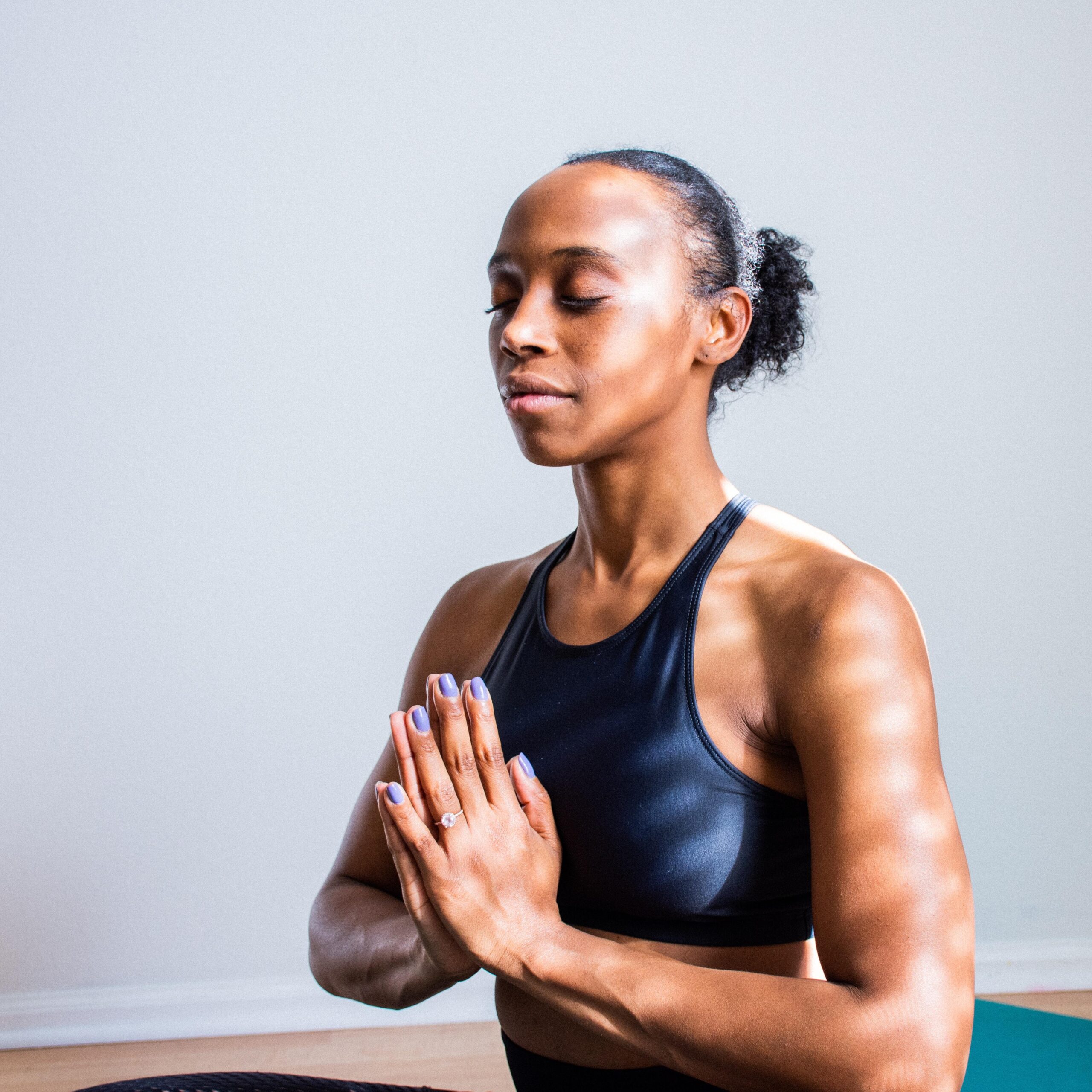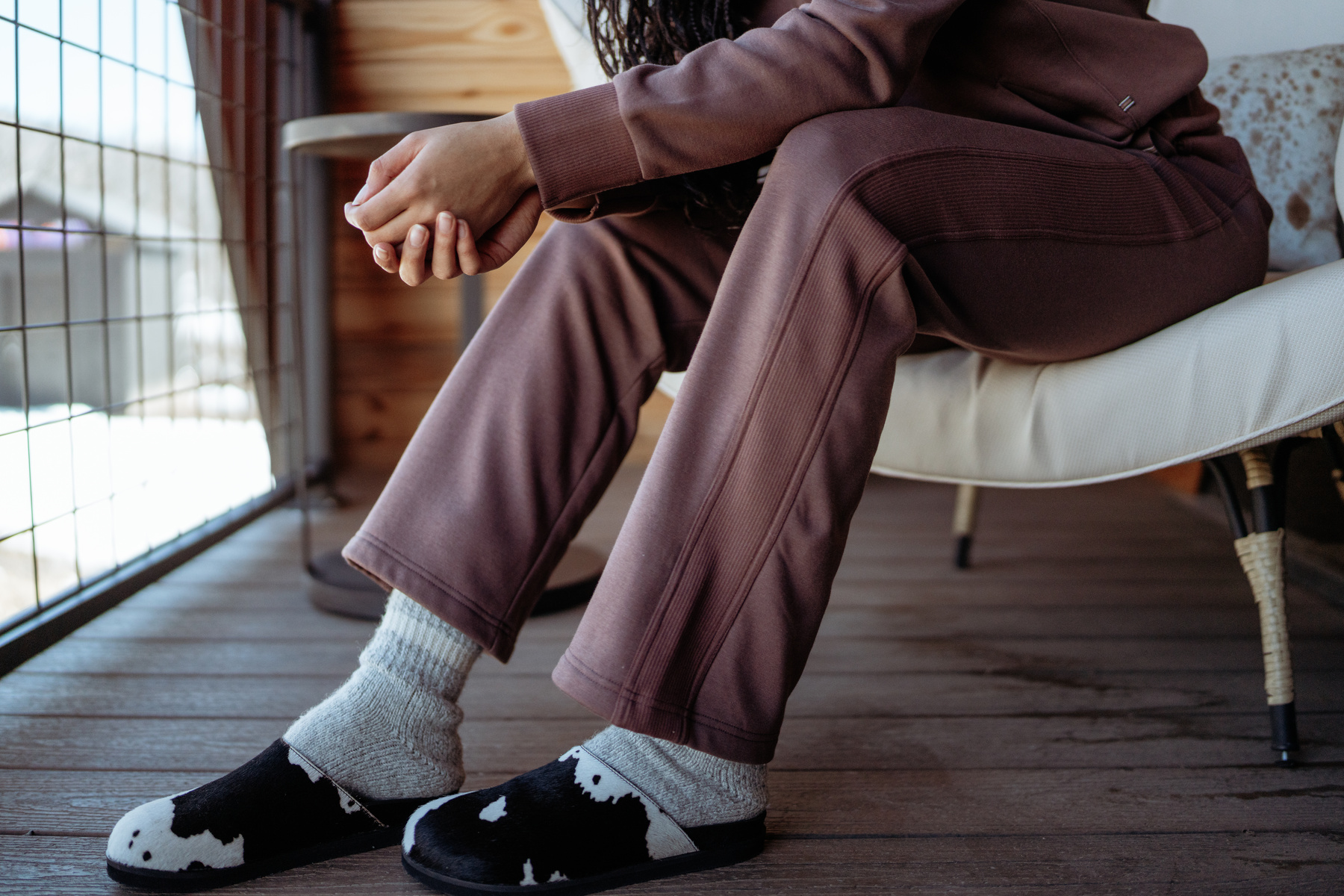
Photo by madison lavern on Unsplash
I’ve been tired of Gwyneth Paltrow since she inexplicably won that Oscar for Shakespeare in Love in 1999.
Since then, she has only become more and more insufferable. Partly, as an actress, for pretending not to remember being in Iron Man and for her unhinged storyline in the unhinged Ryan Murphy series, The Politician.
Mostly, I find her egregious for her lifestyle brand Goop, which has amassed a cult following of Karens — despite coming under fire for its exploitation of trauma, its whitewashing of non-white practices, and its proliferation of pseudo science.
But Goop is not the only answer for internet and culture lovers seeking wellness advice on their social media scrolls. There has been a recent emphasis on more inclusive, BIPOC wellness communities — many of which have found large followings on Instagram.
Here are some of the best BIPOC wellness accounts to follow, each with a diverse perspective on holistic wellness and mental health.
Naaya Wellness
“Naaya” translates to “healing,” and Naaya Wellness facilitates healing for BIPOC folks through movement, wellness practices, and community affirmation.
Their founding statement focuses on decolonizing wellness. They say: “Wellness, as it stands now, is synonymous with whiteness, affluence, and being able-bodied. Naaya exists to redefine this narrative into one that centers BIPOC folks. Because we know the beauty and the trauma that exist in our experience of living in BIPOC bodies.”
Ethel’s Club
Social Clubs are no longer for the elite! Ethel’s Club is a “Black-owned social and wellness club designed to celebrate people of color, online and IRL.” They produce online resources and stage virtual (soon IRL) events for BIPOC folks to create community while healing from trauma.
The Ethel’s Club Instagram is a healing hug, a cultural conversation, and a therapy session all in one. They’re the cool kids of wellness, and the internet in general — like the friend who will always cheer you on and check in on your mental health, and always pulls up in the dopest hoodies.The Unplug Collective
The Unplug Collective is a community-based wellness platform that tells “the stories we were never allowed to tell.”
Their combination of wellness, fashion, and journalism focuses on representing marginalized Black bodies and centers under-told stories and narratives. They reimagine what healing, beauty, and health should look like for Black women by having conversations and starting a community.
In their core statement, they describe: “Bridging the gap between fashion and mental health, since the way we see (or don’t see) ourselves represented in the media takes a huge toll on our mental health (from self-worth, to depression, eating disorders, or anxiety about how we look and feel).”
the body: a home for love
the body: a home for love is a mental health collective specially founded to help Black women heal from s*xual trauma. They work from the standpoint that “black women are worthy — period.”
By compiling resources, supplying affirmations, and fostering an online community through IGTV and virtual events, they provide a space that is healing, meditative, and educational.
Black Girl In Om
Black Girl In Om is “creating space for black women to breathe easy.” By expanding the mainstream view of meditation practices, they prioritize intentionality and empowerment in all aspects of life. Their “vision: a world where women of color are liberated, empowered & seen.”
From financial resources for disenfranchised Black folks, to alignment exercises, Black Girl In Om tackles wellness, and the issues that cause Black women the most anxiety due to structural obstacles and oppression. It’s a lifestyle brand that doesn’t thrive on unrealistic standards (*cough* Goop) but wants its audience to reach their full potential.Dive In Well
Dive In Well is changing what the wellness industry looks like by prioritizing the stories, practices, and experiences of BIPOC folks. They began as a series of conferences and salon dinners entitled “Diversity in Wellness,” committed to expanding the scope of the wellness industry.
Since, they have expanded — especially in the wake of the pandemic. Their website states: “This pandemic has highlighted the gross inequities in accessibility to healthcare and wellness, especially for marginalized communities. Currently the wellness practices online are still dominated by white voices of privilege. And individual BIPOC practitioners who can’t afford the costs to move online were left behind. We seek to amplify diverse voices in wellness, which means wellness for all.”
The urgency of their mission underscores the urgency of representation in all sectors of our lives, especially our health and wellness.
Therapy for Black Girls
Therapy for Black Girls is an online space dedicated to encouraging the mental wellness of Black women and girls. Working to combat the stigma of mental health in the Black community, as well as the mental health effects of racism, they compile resources and even have a directory of therapists and a podcast talking about Black mental health.
Their Instagram account is a delightful mix of resources, infographics, advice, and TikToks.
HealHaus
Heal Haus is a wellness concept and café offering daily yoga and meditation classes. They use yoga and meditation to incorporate mindfulness into every aspect of our lives, prioritizing mindful mental habits that are especially helpful for BIPOC folks.
The Loveland Foundation
The Loveland Foundation is a therapy fund that provides mental health support for Black women and girls. They were founded in an effort “to bring opportunity and healing to communities of color, and especially to Black women and girls.” By providing funds for therapy, fellowships, residency programs, listening tours, and more, they’re active in Black communities with the intent to practice healing and preventative care.
Their Instagram account is full of affirmations, celebrations of Black joy, and updates for how to donateRest for Resistance
Rest for Resistance is a resource for QTPOC that focuses on healing by celebrating and uplifting art and writing. The Instagram account serves as a platform to create a community where queer folks can find art that represents them, while speaking to mental health and activism.
The account prioritizes the radical act of rest for QTPOC and works from a place of acknowledging the burden of the current moment, as well as the ways in which we are conditioned by harmful, oppressive ideals.














